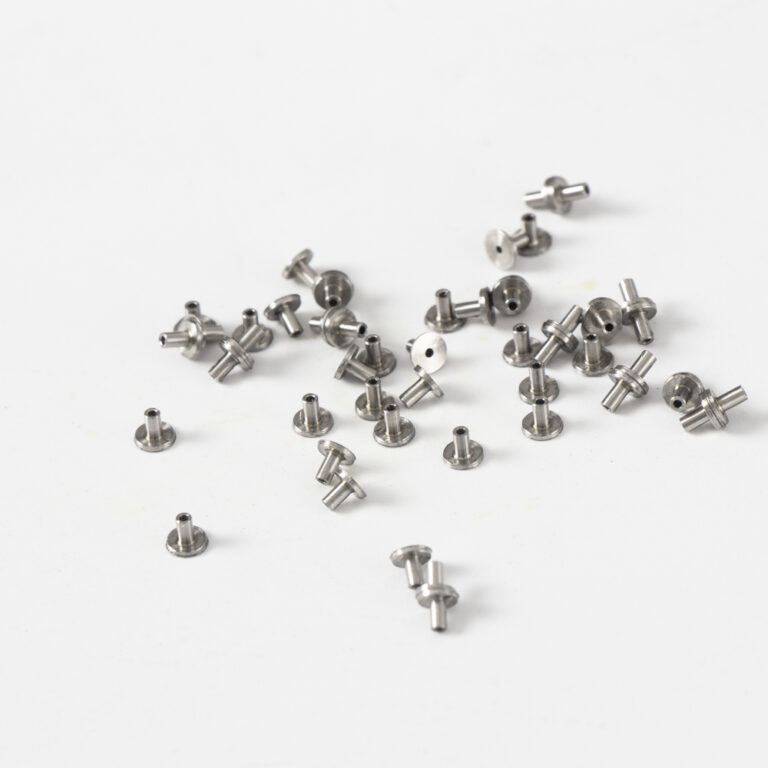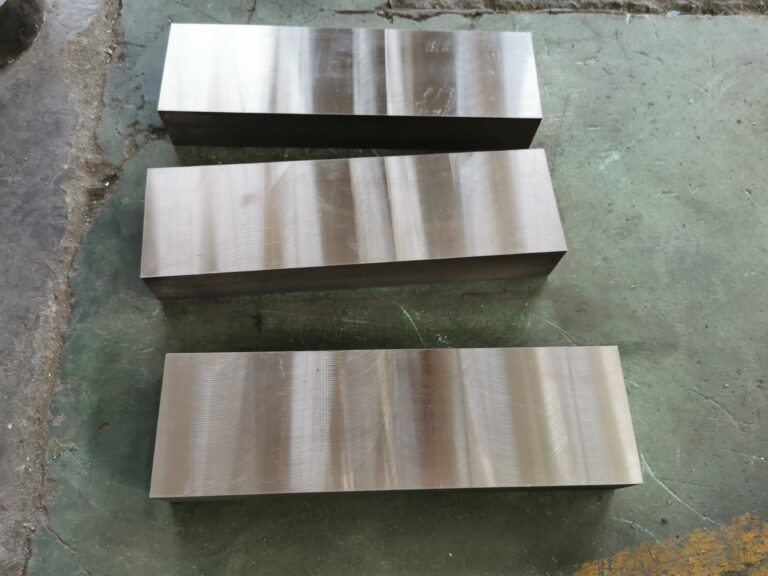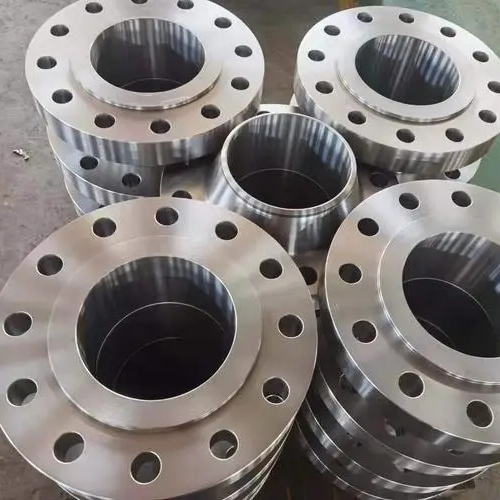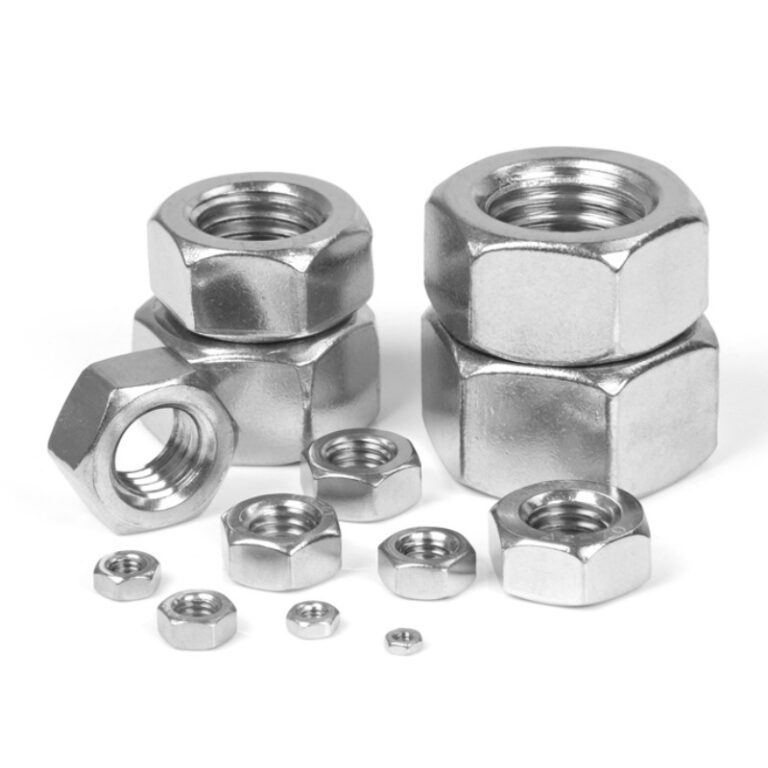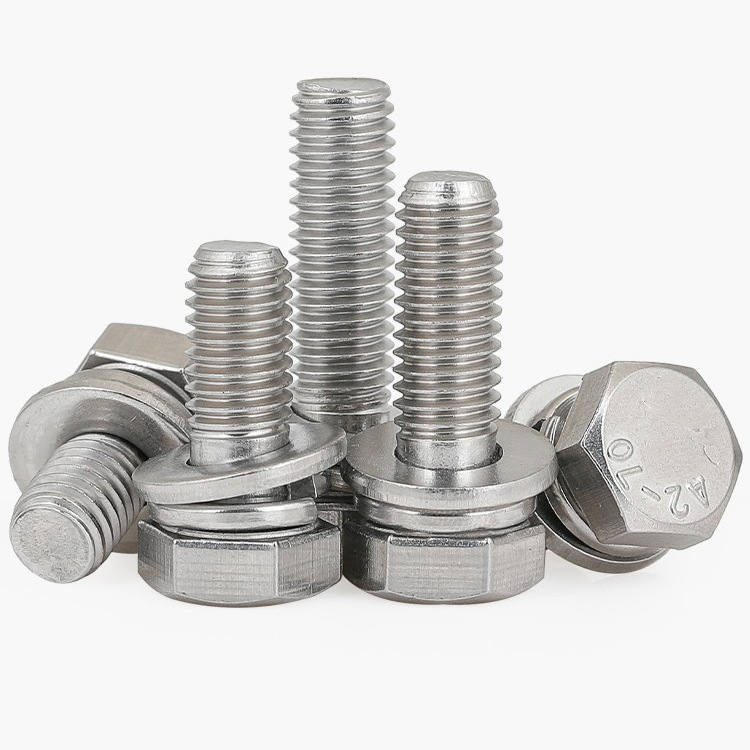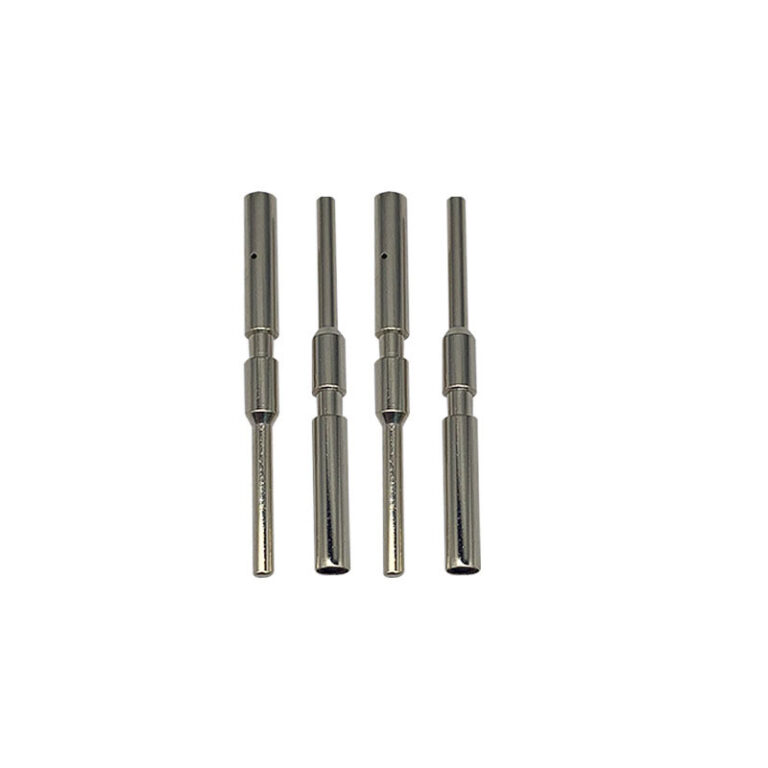Both Inconel X-750 and Inconel 718 are nickel-based superalloys that offer excellent corrosion resistance, high strength, and superior heat resistance. However, when it comes to choosing between these two metals, there are some key differences that can affect your application choice.
1.Chemical composition: The chemical composition of Inconel 718 includes 58% nickel (Ni), 17-21% chromium (Cr), 4.75-5.50% niobium (Nb), 3-5% molybdenum (Mo), 1.15-1.65% titanium (Ti), 0.60-1.20% aluminum (Al), 0.08-0.35% carbon (C), And the maximum content of iron (Fe) and phosphorus (P) is 0.015% respectively. In contrast, Inconel X-750 has a slightly different chemical composition, including 70% nickel (Ni), 14-17% chromium (Cr), 5-9% niobium (Nb) + tantalum (Ta), 3-5% molybdenum (Mo), 0.7-1.2% aluminum (Al), and 0.08-0.13% carbon (C).
2.Heat treatment: Inconel 718 can be heat treated to achieve higher strength levels than in the annealed state, while maintaining excellent corrosion resistance and good forming properties compared to other superalloys such as X750. However, heat treatment of Inconel X-750 is not recommended because of its low thermal conductivity, which makes it difficult to achieve material uniformity in heat treatment operations such as quenching and tempering processes that require rapid cooling rates to achieve maximum hardness levels without creating cracks or deformations in the material structure.
3.Tensile properties: Inconel 718 has a higher ultimate tensile strength (UTS) at room temperature than X750 in terms of tensile properties. At room temperature, the 718 has a UTS of 827 MPa compared to 690 MPa for the X750, making the 718 more suitable for applications that require high levels of strength, such as fasteners or turbine blades, where the temperature is not too high (>950°C). However, the tensile strength of both alloys decreases rapidly at temperatures above 950°C, but Inconel 718 still has a higher value at temperatures up to 1050°C compared to the X750, with a UTS value of about 500 MPa, compared to only about 300 MPa for the X750. This makes the X750 less suitable for applications used in extreme heat conditions, such as turbine blades or fasteners used in aircraft engines that operate under extreme heat conditions, such as afterburner chambers.
Applications: Inconel X-750 is widely used in the aerospace industry to manufacture fasteners, springs and structural components due to its high strength and good resistance to stress corrosion cracking at temperatures up to 1300°F (about 700°C). Inconel 718 is used to manufacture components for jet engines, fasteners and other key components in the aerospace industry because of its excellent performance at high temperatures.
In summary, Inconel 718 provides better overall performance at room and high temperatures, has higher tensile strength and better corrosion resistance, and can be heat treated to achieve higher strength levels. The Inconel X-750 provides good strength and forming characteristics in temperatures below 1100°F (about 600°C), but does not perform as well at high temperatures as the Inconel 718. These differences have led to Inconel 718 becoming a more common choice for applications in extreme temperature and stress conditions.
